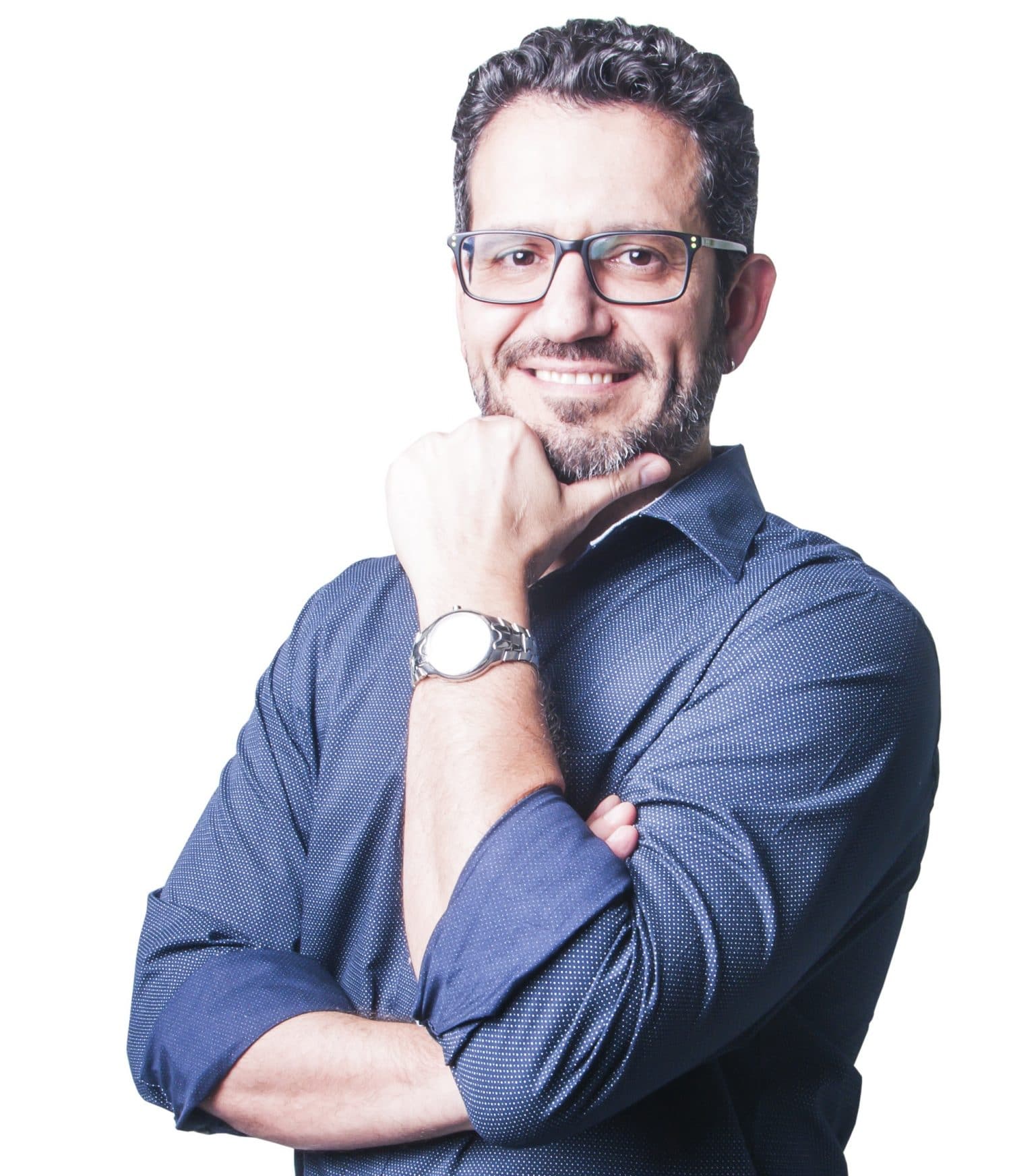One Parent, One Language – and the confirmation of the theories – Part One
Almost two years ago I decided to take on an endeavour that would confirm to me some of the most important theories about bilingualism and bilingual education. My baby boy, Murilo, was a little over one year old then, and I decided to grow him up bilingual. I read many articles about it, about the different techniques that were there, according to the context around the families involved, so I could choose the best one for my own. I also decided to challenge some of the theories related to language acquisition, some pretty old ones, like Krashen’s, some brand new one’s, like Ofelia Garcia’s translanguaging. So I finally decided to try the OPOL – One Parent, One Language method.
The OPOL method was, in theory, fairly simple. All I had to do was speaking ONLY English to my son. My wife would speak Portuguese to him. But as we moved forward with it we found out there are some issues to be resolved throughout the journey.
In the beginning it was really akward. First, I felt as if I was saying goodbye to my son, and another person, another me, but English speaker, was going to replace me. Also, I was not used to speaking to babies in English. Baby talk in English was totally unknown to me. In addition to that it felt extremely uncomfortable to keep speaking English to him in social situations: school, family meetings, outdoor events, restaurants, taxis… everytime I did that I had to explain why I was doing it, sometimes I even had to explain that I was not a foreigner… besides having everyone’s eyes looking at me.
But Murilo’s reactions since the beginning encouraged me to go on and persevere. At no point he found me speaking English strange: on the contrary, he accepted it and had the same effort in trying to understand my English than he had in trying to understand my wife’s Portuguese. For him, there was no difference whatsoever. He listened to me, very concentrated, but did not try to speak anything. All his language production was in Portuguese initially. But right during the first weeks I could see that he could start to understand me. He would respond positively to my commands. “Come here”, “stop”, “pick it up”, were gradually assimilated and obeyed by Murilo.
I could feel that the “silent period” described by Krashen was happening… that was truly a revelation.
As I continued the experience, I could notice his increasing comprehension of the commands and even the questions I asked him. Still not trying to speak English, he would answer, in his own Portuguese, to my questions. “Do you want… ?”, “Do you like… ?”, were the first questions he started to answer “Eu quero…”, “Eu gosto de…!”.
I never taught him anything the traditional way. I mean, I never meant to actually “teach” him English. Never even mimic something, especially because at his age mimic wouldn’t work either. I only keep speaking English to him in the most natural way, doing the house chores, giving him a bath, changing his diapers or his clothes. And bit by bit, piece by piece, he starts to make connections, he starts to make more and more sense of all the information I have providing him with.
To be continued…



